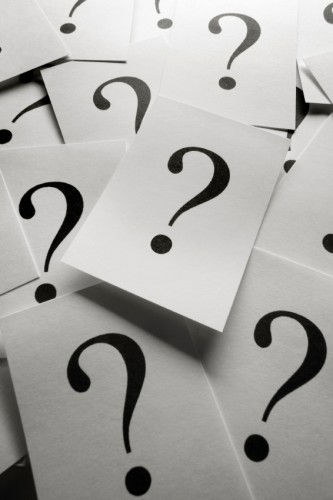My gender often comes in waves, cycles, variations; I often have gender swings that can last from a few hours to a few days.
Lately I have had trouble feeling at home in my body, which isn’t exactly a new experience but it is not constant. There is rarely a time that I hate my body as a whole, most of the time I wish I had the opportunity to morph my breasts at will. Not my cunt, just my breasts. I feel I would be perfectly content with the ability to morph from having my own gorgeous breasts to having a flat and possibly hairy chest, or perhaps I would look like Ardhanari most days if I had that choice. Or maybe not. I don’t feel the need for a penis, perhaps because I already have a variety of silicone cocks I call my own.
Currently my masculine presentations are extremely underdeveloped. My masculinities are timid and fragile. Even writing this I can feel them resisting posting this, but I persist.
Sometimes when Onyx is at work and I’m home alone I will put my sports-bra/binder on, pack, and change my hairstyle around. I make myself more masculine or androgynous in appearance than my usual femme drag. Sometimes I put on my suit and tie. Other times I dress up in masculine style clothing and put makeup on.
I say this happens when he is at work because my masculinities are shy and frightened of reactions, positive or negative. My masculinities are not sure how to take a compliment without feeling insecure. Thus I do not show my masculinities to many people or very often, not even Onyx who probably knows me better than anyone. It’s not like the few times I’ve shown off my masculinities in public there have been any negative reactions, in fact quite the opposite.
My gender presentation is only one small part of my gender and it does not define me, but we are taught to judge genders on presentation alone. I think this is often the cause of friends bypassing the fact that I have these masculinities in me. My presentation is very femme-focused at present. While this bypassing is completely understandable it is at the same time hurtful that people who I have conversed with about my genders still seem unable to grasp them.
Despite still embracing femme fagette I am rebelling against the binary assumptions that could be made because of it, it is easy to infer some sort of feminine/masculine balance within it. That may have been part of its original intention, I’m not sure at this point, but it’s not something that I need anymore. I don’t know what I do, though. Perhaps just genderqueer.
I used to say femme drag queen fagette, which just got less and less manageable as my list of identities lengthened and I also began wondering if I was appropriating a term that “belongs” to those assigned male at birth. I’m not sure about the last part, I’m still pondering that, but I don’t want to step on any toes or give the wrong impression. Regardless, though, drag has resonances with me. I am always in drag.
I love drag, in fact. My gender is drag. It’s over the top and fun. My gender is glitter and black leather and gentleman steampunk and corsets and ballet heels. My gender is neutral pronouns and postmodern. My gender is very tangible and also a construction.
I am many/and ((This might make more sense as both/and when combined with either/or but “both” seems to put a limit on what I am trying to express.)) instead of either/or.
I know and participate in gender as a galaxy. A swirling mass of gender planets, solar systems that we all can orbit like moons or pass by as moving asteroids, comets or space ships. Personally, I’m forever exploring every gender I come across to find the ones that feel like home. There are just many that feel like home. I have planets I love to visit from time to time and others I have set up homesteads on, building up my own thoughts, feelings, and presentation of that gender.
I am finally at a space where I am comfortable with owning my gender, but I’m not yet comfortable with sharing it completely. I struggle with the need for my various aspects to be seen and acknowledged while at the same time trying to do things for myself rather than for others.
My gender is constantly in motion even though I sometimes hate the uncertainty that constant change brings and sometimes I wish I could just “pick one and stick to it.” That doesn’t feel like an option right now. I’m not sure if it ever will be.


